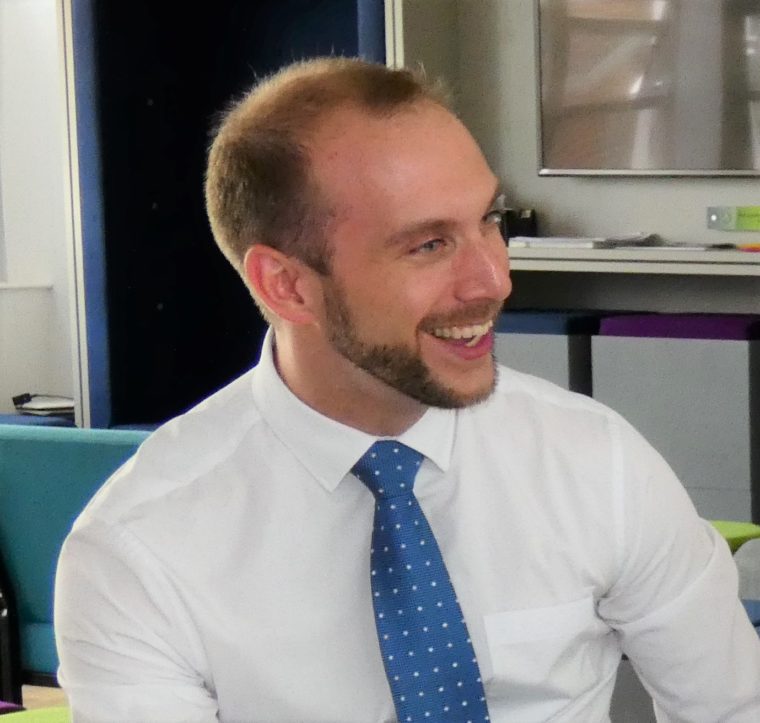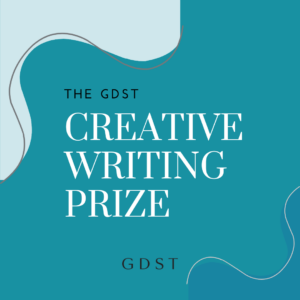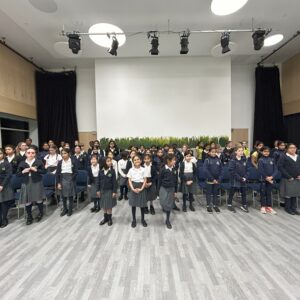News & Events
Leadership Likes – Dr Philip Purvis’s Blog

I started learning the piano at the age of four. It wasn’t until I was in secondary school, though, that I became obsessed with music. I knew that piano practice was vital if I was to improve my pianism. What is more, I quickly came to realise that effective piano practise would take time, and lots of it. However, in a society where time has become scarce, people are no longer willing to wait. Today, brands and retailers have no choice but to adapt to the new cultural need for immediacy. So, they have developed new solutions such as same-day delivery, real-time updates, no shipping delays, and one-click information access, among others. The urge to share, the desire to get anything, anywhere, at any time, and the instinct to instantly find information are consumer shifts that mobile devices have intensified. Texting, multimedia messaging, and mobile web browsers have dramatically whetted the collective appetite for getting what we want, when we want it – and when we want it is now. The culture of the ‘everywhere anytime’ access to the internet is offering ever more opportunities for consumers to get what they desire easily, rapidly, and seamlessly.
Shows like the X-Factor, The Voice, Love Island, and more tell us that often success – of sorts – can be instantaneous. However, we don’t usually see all the things that have led up to a particular person achieving success in their chosen field. We aren’t shown the practise, the preparation, the practical and psychological support that a person gets, and the personal drive to succeed and improve. Instead, we are presented with a packaged and often rather anesthetised version of success, which people often seek to replicate by skipping the very unseen factors that preceded it.
Practise, in the broad sense of the term, is simply an activity that you repeat regularly. Sometimes we repeat activities consciously (‘I practise swimming five times a week’, for example). But you also might practise some activities unconsciously – is eating a conscious practise for you? Walking? Cooking? What about sleeping? We are practising all the time, whether we know it or not. That’s why practise is so important. Even when you’re not actively doing an activity, your brain is still absorbing and learning. Just think about those times you took a few days off from something and suddenly got better when you returned to it. You’re always learning, even in your downtime. So, you might as well make the most of your time and practise effectively.
Practice is also concerned with “the absorption, mastery, and maintenance of skills”. This is how most people think about practice. There’s an element of improvement. How quickly you improve and in which direction your improvements take you is the essential question for musicians like me, and anyone who does something regularly. Effective practice means going in the direction you want to go, and doing so in a relatively efficient manner, which means setting goals and actively pursuing them. Sometimes those goals can be small – like improving on a specific skill. Other times, they can be ‘big picture’ goals. Either way, setting goals and practising specifically to achieve those goals maximises your time, efficiency, and will ultimately give you the best chance of achieving those goals.
In my assembly a few weeks ago, I told our school community the brief story of a pianist called Andrew Gorrido. He was 11 years old when he asked his mum for piano lessons. The UK was in the fallout of the recession and Andrew’s mum had recently been made redundant from her job. She said a polite “no”, but that didn’t deter him. He searched the internet for the dimensions of a keyboard, drew the keys on a piece of paper and stuck it on his desk. He would click notes on an online keyboard and ‘play’ them back on his paper keyboard – keeping the sound they made on the computer in his head. After a while, and with lots of practise, he could hear the notes in his head while pressing the keys on the paper. He spent six months playing scales and chord sequences without ever touching a real piano. Indeed, he managed to achieve his Grade 5 ABRSM qualification, only using his paper piano. To use the acoustic piano at his school, Andrew would get up at 5 AM, be in school for 6 AM for an hour of piano practice, while doing more on his paper piano at home once he had finished his homework. Andrew’s perseverance paid off: he was awarded a full scholarship to the Purcell School and he is now at the prestigious Guildhall School in London, studying piano.
There are a host of world-renowned studies that show pupils who play a musical instrument or regularly play competitive sport do better in school than their non-musical and non-sporty peers. There are several reasons why this is the case and none of them are down to intellectual capacity. One theory is that regularly practising a musical instrument supports memory, flexible thinking, and self-control. But, by far the most important reason, I would argue, is that pupils who study a musical instrument are aware of the benefits of practice and how to do it effectively.
Year 11 and Upper Sixth have just had the chance to practise what it will feel like sitting several GCSE and A-level exams over a short period of time. They should now take the opportunity to reflect: does the bit that extends beneath the surface of your iceberg in the picture above – the revision – need to be done differently? Revision techniques and exam success come with lots of practice and hard work behind the scenes. For pupils in other year groups, I hope that thoughts on practice have shone a light on the unseen factors that are often the cause of the seen success. It is essential to point out that the length of practice or its repetitiveness don’t necessarily lead to success. It is the quality, rather than the quantity, that is of paramount importance. Practice that focusses on areas of weakness and repeatedly improves on them until they are mastered, often with gaps in between the practice sessions, is the key to success. I hope all pupils make sure they practise smarter, not harder, especially when it comes to their academic studies. I leave you with the oft-quoted maxim on practice from an unknown source: “Don’t practise it until you get it right, practise it until you can’t get it wrong”.
Dr Philip Purvis
Deputy Head (Academic)
More news
Awards and Celebration
GDST Creative Writing Year 12 & 13 – highly commended
Co-curricular



